Afghan women vanish from public life to wait for ‘modernised’ Taliban
For millions of Afghan women holed up in their homes, the first Taliban assurances they will have rights ‘within the framework of Sharia’ will be cold comfort.
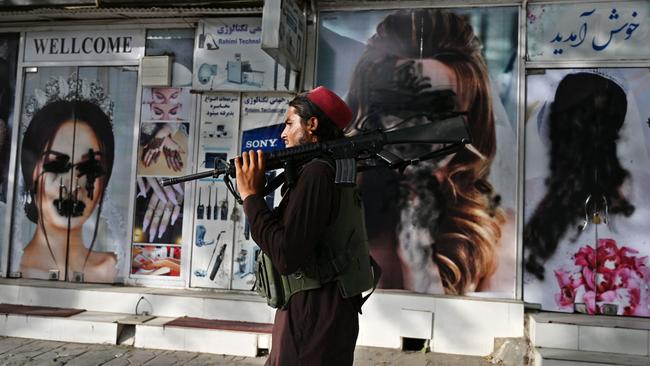
For millions of Afghan women and girls holed up in their homes as they wait for their former Taliban oppressors to determine their fate, the first assurances that they would have rights “within the framework of sharia” will be cold comfort.
“Our women are Muslim. They will also be happy to be living within our frameworks of sharia,” Taliban spokesman Zabihullah Mujahid assured at the group’s first ever press conference in Kabul late on Tuesday.
The last time Afghan women lived under the Taliban’s extreme interpretation of Islamic sharia law — from 1996 until they were toppled in the 2001 US invasion — girls were banned from schools, women were stoned for immodesty and adultery, rape victims were jailed, and most women were largely confined to their homes.
Now again, in the space of just four days, women and girls have all but disappeared from the streets of Kabul, and from public life.
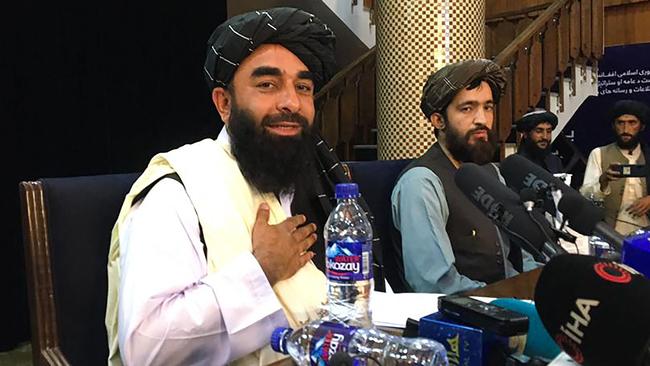
Some Afghans on Tuesday expressed hope that an on-air interview by a female news anchor of a Taliban media spokesman was an indication the group had moderated its hardline attitude towards women, yet even as that small victory was celebrated, Khadija Amin – a news reader with public TV – told an online discussion group that the Taliban had suspended the network’s women employees and her role had been filled by a Taliban official.
Asked on Tuesday what role women would play in the Islamic Emirates of Afghanistan, Mujahid replied: “Of course they will be able to work within the frameworks of our Islamic laws, for example in education, in health.”
Whether women would still be able to work in media or other fields, however, had not yet been decided, he added.
Few Afghan women old enough to remember the dark years of Taliban rule believe the Islamic extremists have truly modernised in the past 20 years.
“I think the Taliban will try to demonstrate that they will not do the same things as last time in order to get international legitimacy,” says Fawzia Koofi, a female politician and a member of the former government’s negotiating team with the Taliban. “I’m not very hopeful that will last.”
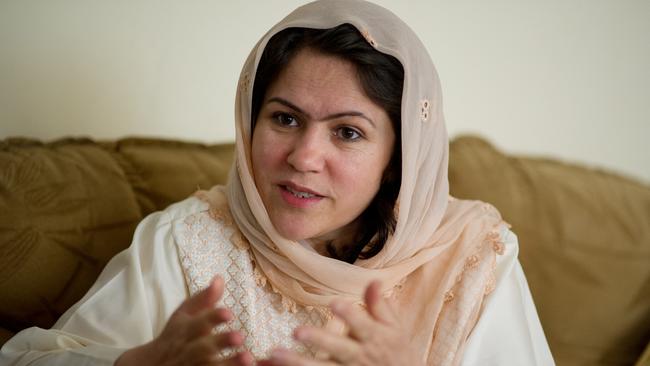
Taliban fighters are stationed outside her house where she too is holed up with her two daughters.
“My daughters are more devastated than I am because they haven’t experienced this before,” Ms Koofi told The Australian. “They should have a different life than me. I am trying as best I can to make things better but in the meantime my daughters, along with all girls in Afghanistan, deserve to live in a better place.”
As the Taliban rolled into Kabul on Sunday, women’s rights activist Mahbouba Seraj seethed with rage at the betrayal of women by the government and its international backers.
“They just made decisions with their gut feelings or whatever… all of these men of the world that are in power. They’re destroying something we worked so hard for,” she told Turkey’s public broadcaster.
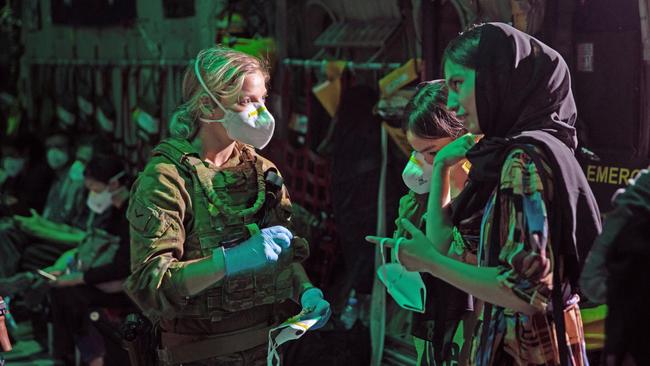
“What is happening in Afghanistan today is something that’s going to put this country 200 years back. Again.”
Many Afghan women and girls are angry but not many have the voice to express it. One local UN worker from the persecuted Hazara tribe fled central Bamiyan for Kabul five days ago through Taliban-occupied districts, hoping to get a flight out of the country. Instead, the extremists captured the capital a day later, and she is in hiding in a rented room there with her husband and two young children. “We can’t eat or drink or sleep,” she said. “We are just here waiting for our date with the Taliban. I am sitting here watching the door and waiting for them to come.”
Human Rights Watch women’s rights director Heather Barr said Afghan women and girls had made “quantum leaps” in the past two decades that were already being rolled back — if not immediately in the capital, then in provinces where many girls’ schools were closed and women were allowed out of houses only with a male chaperone.
“(Those gains) were the result of international pressure and money, but also the hard work and courage shown by Afghan women rights activists and Afghan women in general who sent their daughters to school with real difficulty, and went and got jobs,” Ms Barr said.
“Part of what is so incredibly heartbreaking is that we saw all these firsts; the first woman to join the army, the police, the first woman to become an MP, a minister.
“It all felt like really important, big steps towards real change and a much brighter future; today it feels like all of that has been wiped out. The question now is who is going to push back and what ability will anyone have to do that?”
Ms Koofi said the international community, which made so many promises to Afghan women and then left them to their fate, must continue to keep watch on Afghanistan and protect the hard-fought gains of women and all citizens, but it would inevitably be Afghan women themselves who would have to wage the same fight all over again.
“Afghan women won’t give up because they have no other option,” she said. “I lost my father in the war, my four brothers, my husband; my house was looted again and again. The story of me is the same story as millions of girls and women. We won’t just give up. I can’t live in fear.”


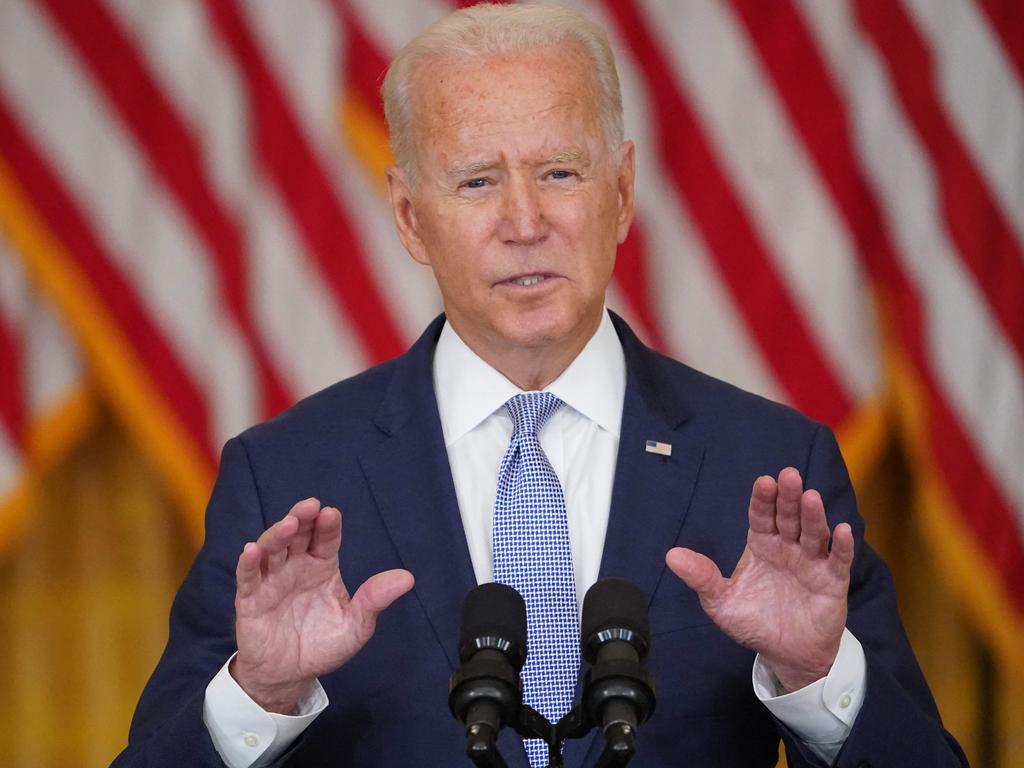


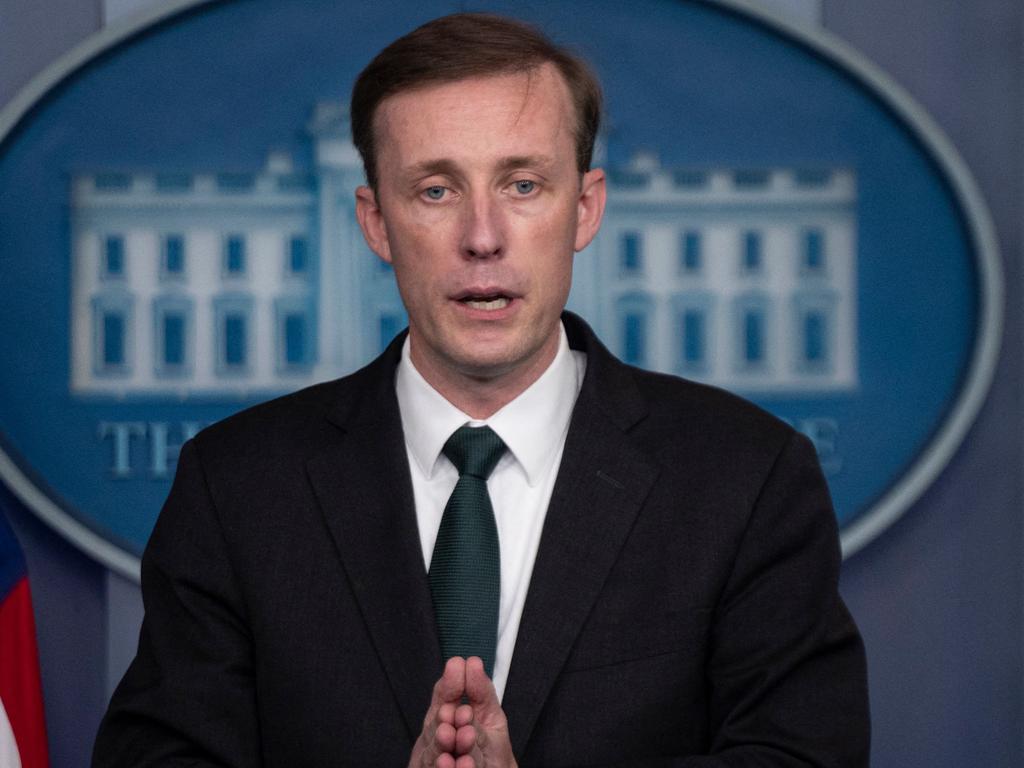


To join the conversation, please log in. Don't have an account? Register
Join the conversation, you are commenting as Logout